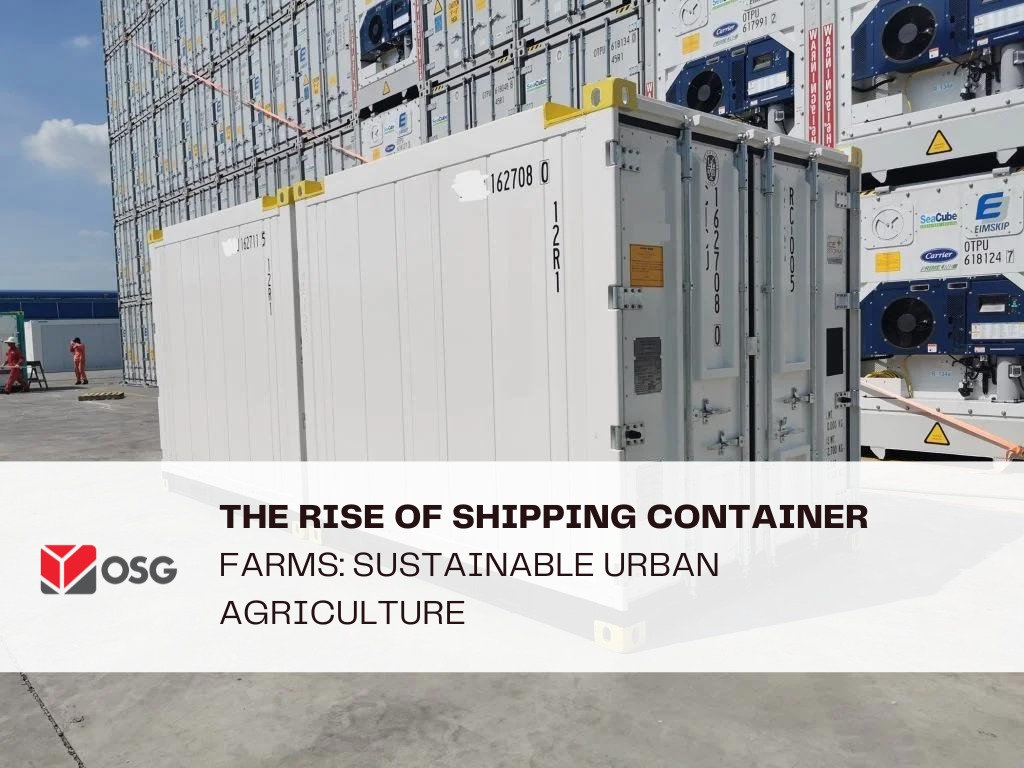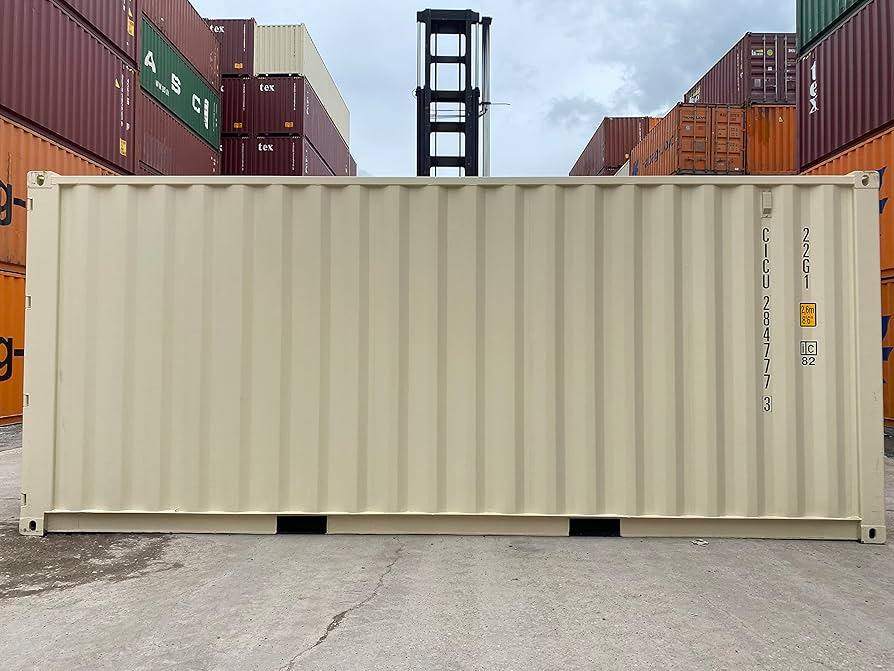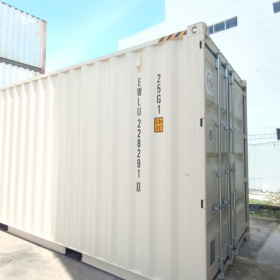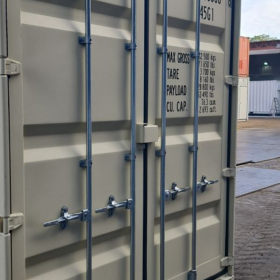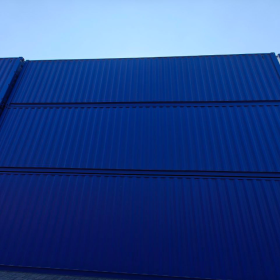The Rise of Shipping Container Farms: Sustainable Urban Agriculture
As urban areas continue to expand and the demand for sustainable solutions intensifies, innovative approaches to agriculture are emerging. One of the most promising developments in this space is the rise of shipping container farms. These mobile, self-contained farms offer a revolutionary way to grow fresh produce in urban environments, transforming how cities approach food production, sustainability, and local food security.
The Concept of Shipping Container Farms
Shipping container farms are essentially retrofitted cargo containers that have been converted into high-tech agricultural systems. These containers are outfitted with all the necessary components to create an optimal growing environment for crops. The technology inside can include hydroponic or aeroponic systems, LED lighting, climate control systems, and automation software. This setup allows for year-round cultivation of a wide variety of crops, regardless of external weather conditions.
Advantages of Container Farming
1. Space Efficiency
One of the most significant advantages of shipping container farms is their ability to utilize limited space efficiently. Urban areas often suffer from a lack of arable land, but shipping containers can be placed in underutilized spaces such as rooftops, vacant lots, or even repurposed warehouses. By using vertical farming techniques and stacking containers, these farms can maximize productivity in confined areas.
2. Sustainability
Container farms are designed with sustainability in mind. They significantly reduce the need for transportation of produce, which is a major source of greenhouse gas emissions. By growing food locally, these farms cut down on the carbon footprint associated with traditional agriculture. Additionally, many container farms employ water-saving technologies such as recirculating hydroponic systems, which use up to 90% less water than conventional farming methods.
3. Reduced Use of Pesticides
Since container farms operate in controlled environments, they can effectively eliminate pests and diseases without the need for harmful pesticides. The sealed nature of these systems protects crops from external contaminants and reduces the need for chemical treatments, resulting in healthier produce and a safer environment.
4. Increased Food Security
Urban areas are often vulnerable to disruptions in the food supply chain due to factors such as climate change, natural disasters, or logistical issues. Shipping container farms enhance food security by providing a reliable, local source of fresh produce. They can be rapidly deployed to address food shortages and contribute to the resilience of urban food systems.
5. Community Engagement and Education
Shipping container farms can also serve as educational tools and community hubs. Many initiatives involve local schools, community groups, and urban farmers in the process of growing and harvesting crops. This hands-on experience helps raise awareness about sustainable agriculture and fosters a stronger connection between people and their food sources.
Challenges and Considerations
Despite their many benefits, shipping container farms face some challenges. The initial setup costs can be high, as retrofitting containers with the necessary technology and infrastructure requires significant investment. Additionally, while container farms are highly efficient in terms of space, they still require ongoing maintenance and monitoring to ensure optimal conditions for crop growth.
Another consideration is the limited variety of crops that can be grown in container farms. While leafy greens, herbs, and some vegetables thrive in these environments, the cultivation of larger crops or those requiring more extensive root systems can be more challenging. However, as technology advances, these limitations are likely to be addressed.
The Future of Shipping Container Farms
The rise of shipping container farms represents a transformative shift in urban agriculture. As cities continue to grapple with issues related to food production, sustainability, and environmental impact, these innovative farms offer a viable solution. By harnessing the power of technology and repurposing existing infrastructure, shipping container farms are not only revolutionizing how we grow food but also paving the way for a more sustainable and resilient future.
As interest in container farming grows, it is expected that we will see further advancements in technology and more widespread adoption of this model. With ongoing research and development, the potential for shipping container farms to play a crucial role in urban agriculture is immense. These farms embody the spirit of innovation and sustainability, offering a glimpse into the future of food production in our rapidly changing world.

